Di Linh is considered the "capital" of coffee in Lam Dong. The "Di Linh Coffee" brand is certified by the Intellectual Property Office. However, coffee production faces certain difficulties such as unsynchronized and unscientific planting and fertilization processes, unclassified coffee, the main product is coffee beans, so the price is low, the economic efficiency is not high... Faced with this situation, in recent times, coffee growers in Di Linh district have applied many new solutions to contribute to improving the quality of coffee trees.
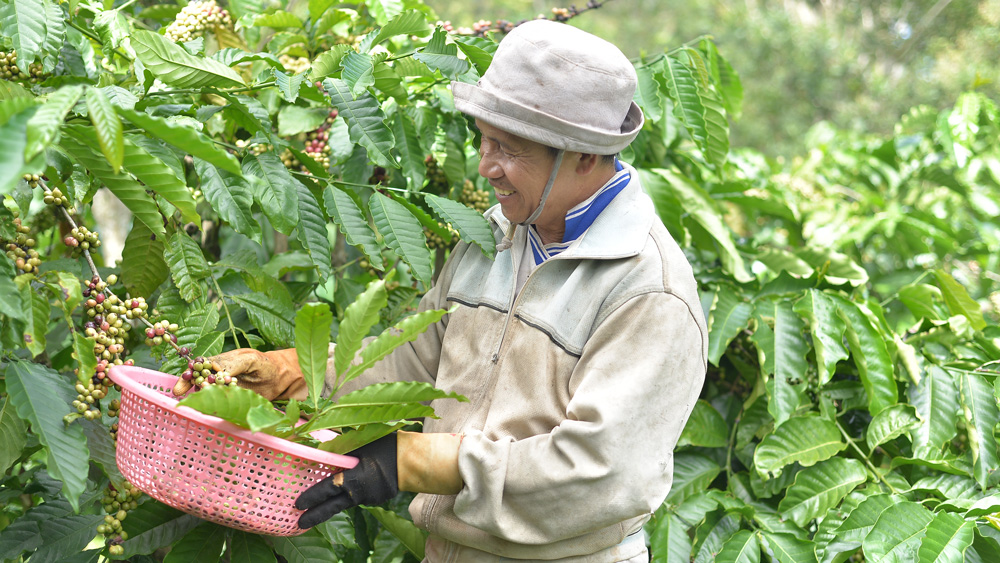 |
| Besides organic production, farmers selectively harvest 100% ripe fruit for preliminary processing and preparation, which has contributed to improving the quality of Di Linh coffee. |
Mr. Vu Hong Long - Head of the Department of Agriculture of Di Linh district, said: The development orientation of Di Linh district's agriculture sector is to become the center of coffee and fruit tree production in the province and coffee is still the central crop. Accordingly, Di Linh focuses on replanting and improving productivity and quality on the existing coffee area. Currently, on average, every year, local people replant and graft to improve 1,800 hectares of low-quality coffee. The goal set for 2025 is that Di Linh will increase productivity for about 6,617 hectares of currently ineffective and low-yielding coffee in the whole district.
In addition to the local orientation, Di Linh farmers have also proactively adapted and have effective solutions to improve coffee quality. For example, in Tan Nghia commune, Mr. Bui Trung Dang's family has just had a bumper coffee crop with a yield of over 4 tons of beans/ha. Mr. Dang said that his family planted 1.5 hectares of coffee since 1994 and by around 2017, the trees in the garden entered the aging stage and had low productivity. In that situation, his family replanted with high-quality seeds with good disease resistance transferred by the Western Highlands Agriculture and Forestry Science Institute (WASI). In addition, farmer Bui Trung Dang has also researched and implemented the cultivation process according to the standards recommended and instructed by the Di Linh District Department of Agriculture. Specifically, Mr. Dang's family removed old, poor-quality coffee beans, then implemented measures to improve the soil and eliminate pathogens in the soil according to the prescribed order and time. When the soil is free of pathogens, the family will start planting the seeds. “With this scientific method, the survival rate of the trees reaches 98% and is very uniform. Thanks to that, after 3 years of replanting, the coffee begins to yield and by the 4th year, it is officially for business with a yield of over 4 tons of beans/ha,” farmer Bui Trung Dang happily shared.
To increase the value of coffee products and contribute to protecting human health and the environment, many households and coffee production cooperatives in Di Linh have chosen to produce organic coffee.
Mr. Trinh Tan Vinh, a coffee farmer in Dinh Lac commune, shared that his family has switched from traditional production methods to organic production since 2008. Currently, on Mr. Vinh's coffee area, he has developed a layer of grass vegetation to retain moisture and create a garden ecosystem. Above, Mr. Vinh grows macadamia and durian trees as shade trees combined with economic development. To ensure the growth of the trees, Mr. Vinh's family has used self-composted organic fertilizers or microbial fertilizers. In case the trees are infected with pests or diseases, he will take preventive measures with biological products...
Mr. Trinh Tan Vinh said that the organic coffee model helps his family save 25-30% on labor costs for weeding and herbicides compared to conventional methods; and reduces 40% on fertilizer and irrigation costs. With the organic farming process, Mr. Trinh Tan Vinh's coffee garden grows well, with a yield of 4 tons of beans/ha.
Along with taking care according to organic standards, Mr. Vinh's family also selectively harvests 100% of ripe fruit for preliminary processing. Mr. Vinh said that with the current process, each year, his family produces and supplies to the domestic and foreign markets over 1 ton of finished organic honey coffee and over 2 tons of regular organic ground coffee. Thanks to this method, his family's coffee products have a selling price many times higher than regular coffee.
Organic agricultural production is the direction chosen by many farmers. And in Hoa Bac commune, an organic coffee cooperative has been formed with a production area of 5.6 hectares. Here, members of the group focus on implementing buffer zones, developing models according to standards such as not using chemical pesticides, not using chemical fertilizers. For coffee to grow well, members of the organic coffee cooperative have taken advantage of agricultural by-products to compost and make fertilizer. People also grow bananas and use banana stems to cover coffee roots to create moisture, nourish microorganisms to improve the soil. Mr. Do Duy Tung, Head of the organic coffee cooperative in Hoa Bac commune, added that currently, the entire coffee area of the cooperative meets the national organic standard TCVN. The group's coffee products are of good quality, so they increase their competitiveness and have a higher selling price in the market.
The Head of the Department of Agriculture and Rural Development of Di Linh district shared more: The locality strives to have over 40% of the coffee area meeting highly intensive farming conditions by 2025, with a stable yield of 4 tons/ha or more, combined with intercropping with other crops to increase income for farmers, creating momentum for the district's economic acceleration breakthrough plan.
According to the Department of Agriculture and Rural Development, the local coffee area currently ranks second in the country (after Dak Lak) with nearly 176 thousand hectares. Of which, coffee is grown most in Di Linh district with about 45.6 thousand hectares. The average coffee yield in the province is about 35.5 quintals/ha, with a total output of about 600 thousand tons. Currently, green coffee and roasted coffee products of Lam Dong province are being exported to familiar markets in European countries such as Germany, Spain, Belgium, Italy, etc., and Asian markets such as Taiwan, Korea, Japan, Indonesia, etc. In 2022, the province's green coffee export output will reach over 90 thousand tons with a value of over 180 million USD.
Mr. Nguyen Van Chau, Deputy Director of the Department of Agriculture and Rural Development of Lam Dong province, said that Lam Dong province is currently implementing an organic agriculture project, aiming for green, circular agriculture. For the coffee sector, this is one of the main crops of the locality, so the province focuses on building sustainable models, bringing good varieties into production with scientific processes. The locality encourages people, businesses, and cooperatives to develop specialty coffee, high-quality coffee, especially, focusing on processing to increase product value.
Source link









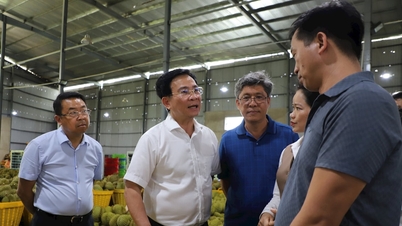


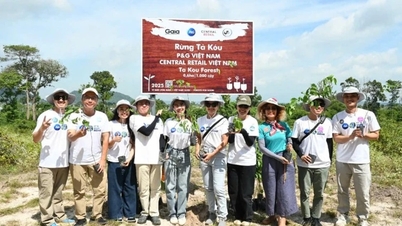



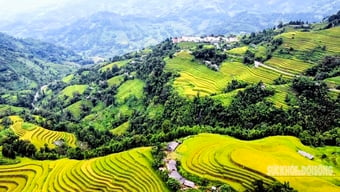
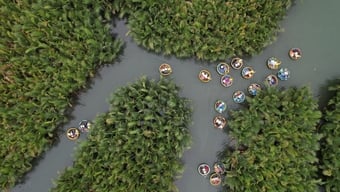
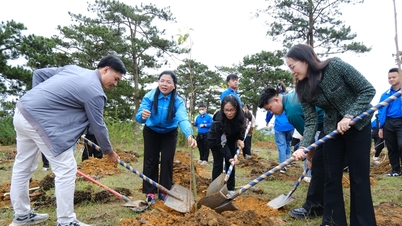


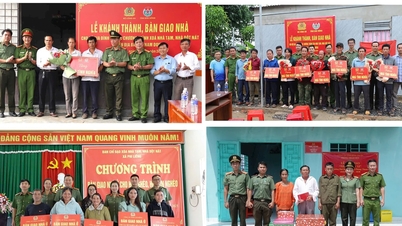
![[Photo] National Highway 26 increases traffic congestion during the harvest season...](https://vphoto.vietnam.vn/thumb/402x226/vietnam/resource/IMAGE/2025/9/21/6109d03b275b4f3484cccb1dba168f75)

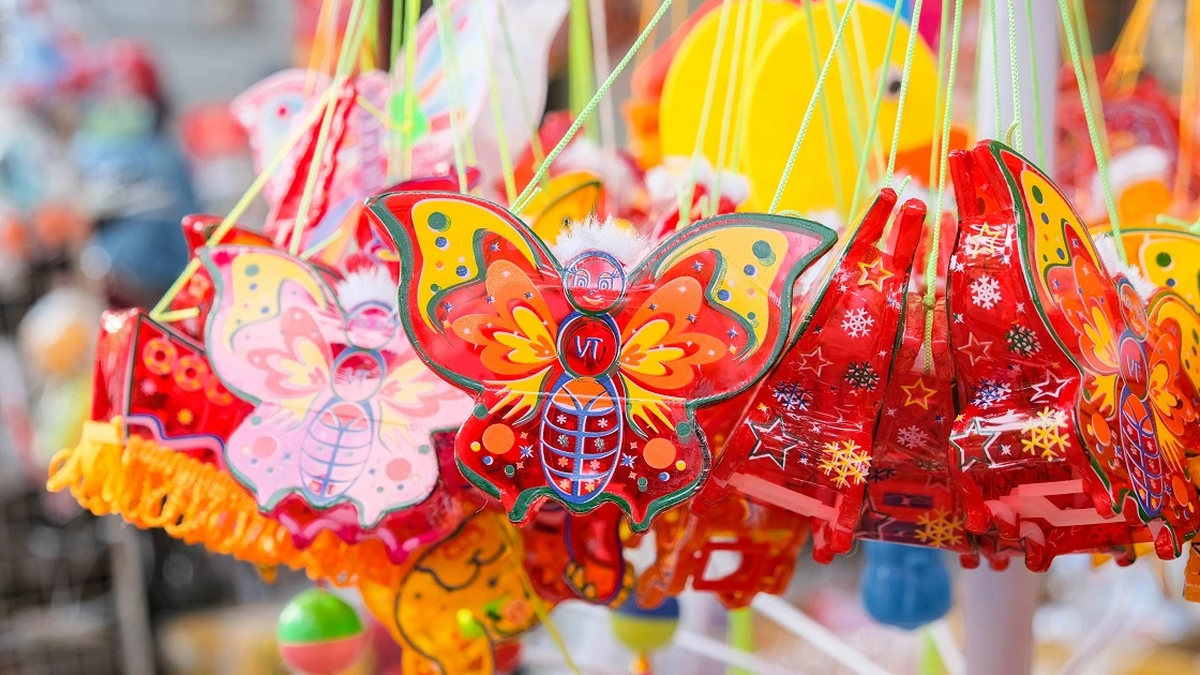



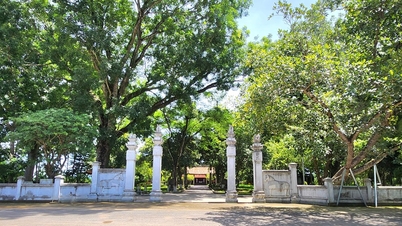
























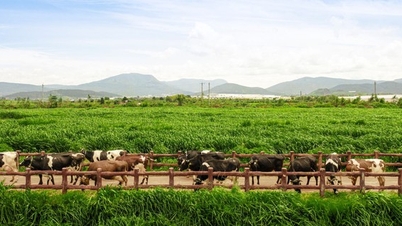

![[VIDEO] 50 years of Petrovietnam: Keeping the legacy alive, creating national energy](https://vphoto.vietnam.vn/thumb/402x226/vietnam/resource/IMAGE/2025/9/20/dff4ddb3d15a4076ba5f67fcdc6c7189)



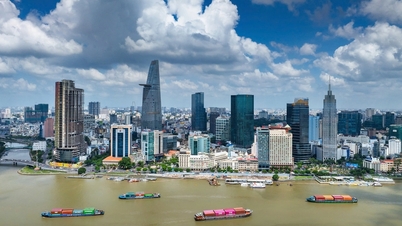





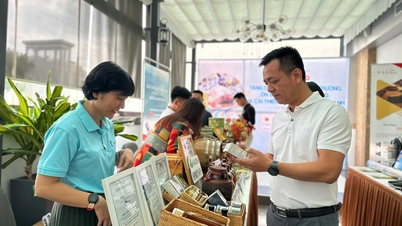








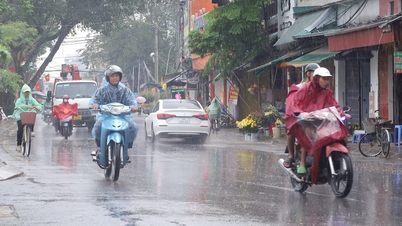








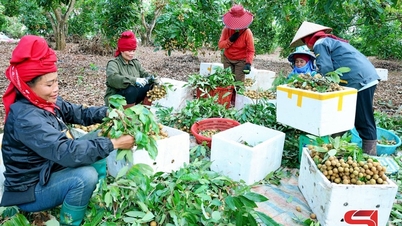








Comment (0)